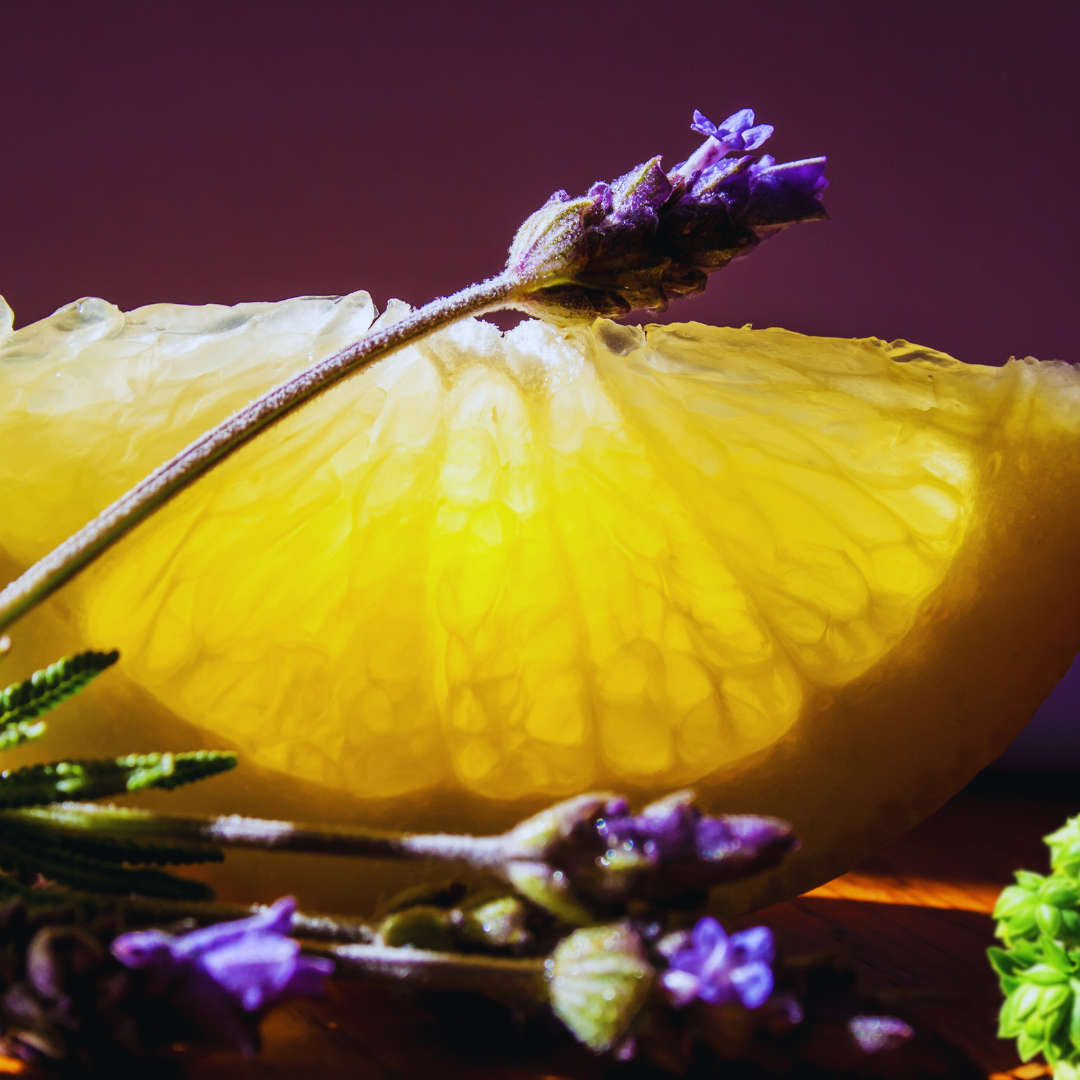
Terpenes are the organic compounds found in botanicals that give the plant its enticing aroma, distinct flavor, and therapeutic properties.
There are over 100 different kinds of terpenes, giving each cultivar its own unique combination and concentration.
In terms of your overall experience, they are very influential. The terpene profile has been said to enhance, uplift, relax, or even aid in creative effects.
Let’s explore some of the most common terpenes:
The most abundant terpene found in herbs, lemongrass, and hops. With its earthy/fruity aroma and mildly sweet flavor, Myrcene may provide calming and sedative properties.
This terpene has a citrusy aroma and taste that can be found in cultivars like Mac 1 and other citrus fruits. Limonene is known for its mood-enhancing, uplifting, and energizing effects.
As the name suggests, this terpene is responsible for the piney aromatics of cultivars like Jack Herer, and herbs such as rosemary.
This terpene contributes to the floral aroma and taste of Do Si Dos, lavender, and mint. Linalool is known for its calmative effects.
This terpene provides the spicy, peppery aromatics found in Girl Scout Cookies, black pepper, and cloves.
This terpene contributes to the hoppy aroma found in White Widow, hops, sage, and ginger. Medical cultivars that contain a high amount of humulene are also believed to have appetite-suppressant effects.
Understanding the basics of terpenes may assist you in making the best cultivar or herbal selection based on your unique therapeutic needs.
As we continue our journey, we’ll learn how to harness the power of terpenes to create personalized blends that elevate our sensory experiences and enhance our creative pursuits.
This blog is for informational purposes only and does not represent the views of Rite Innovations. The insights shared are anecdotal and not universally applicable. The FDA has not evaluated the statements about herbal products, and we recommend consulting with a physician before consuming them. These products are not intended to diagnose, treat, cure, or prevent diseases. Support for claims made on this website is available upon request. This article is not intended as legal advice.
Sign up for our newsletter to get the latest from the Rite Innovations team.